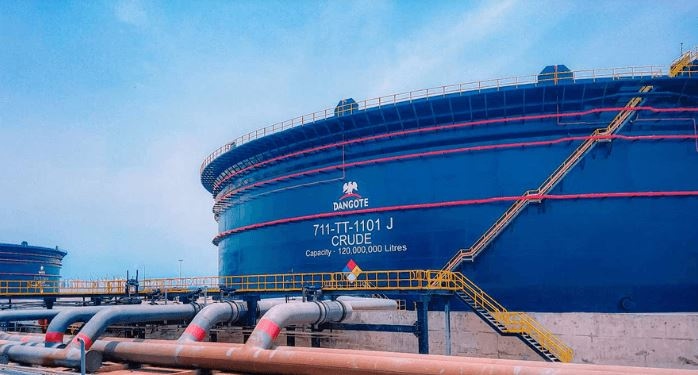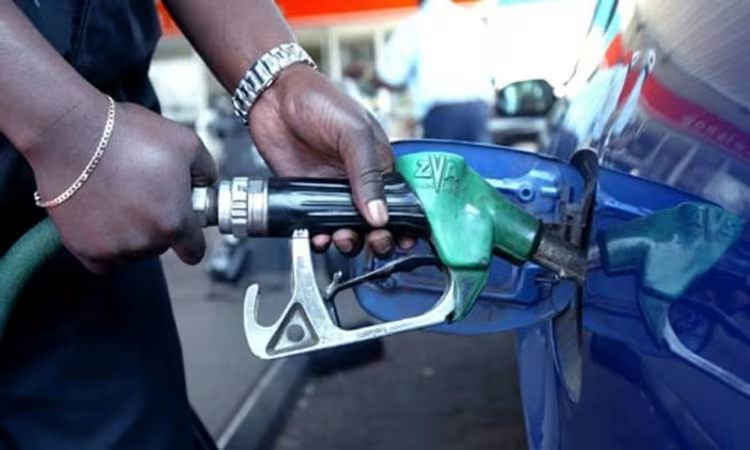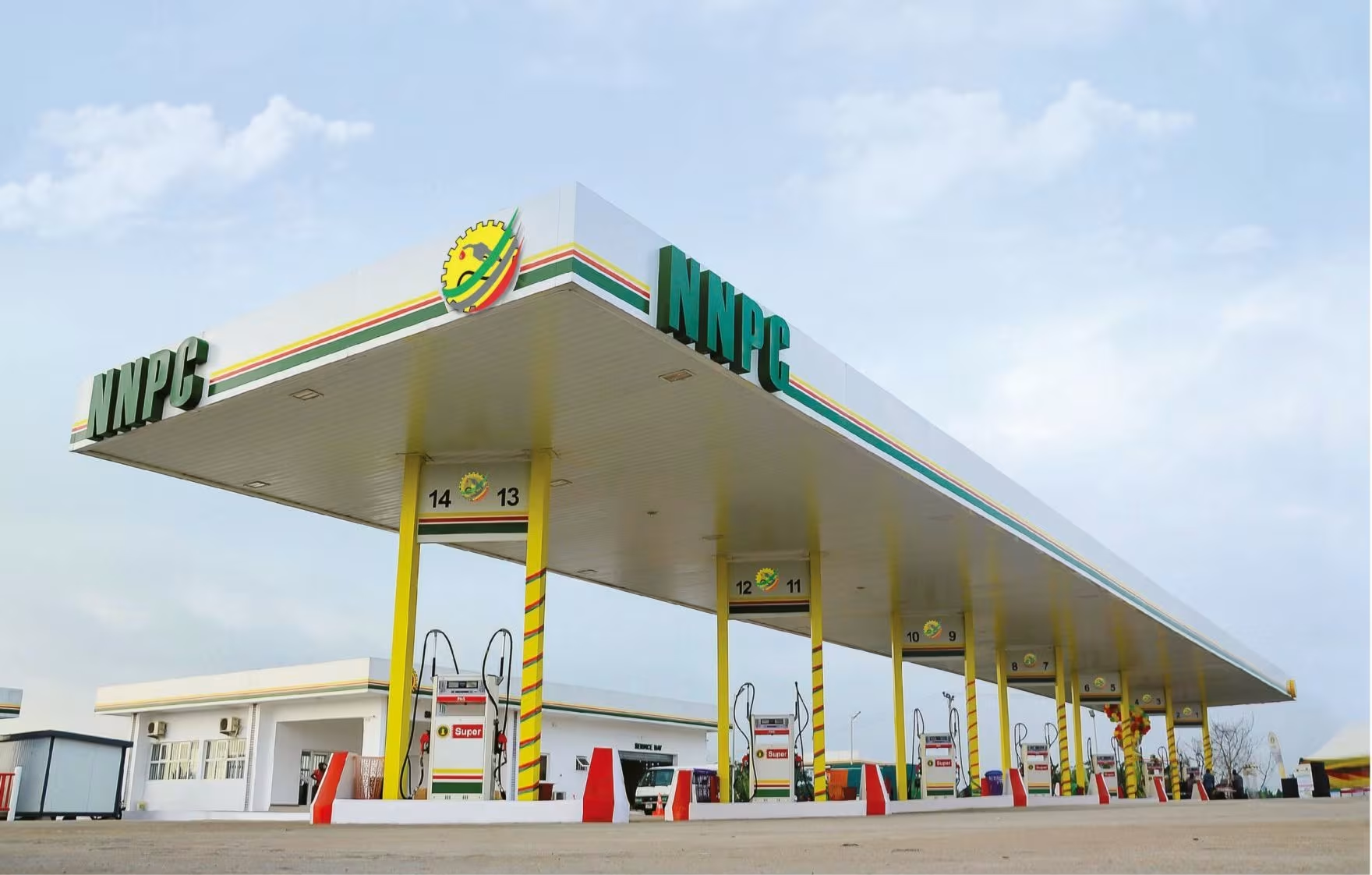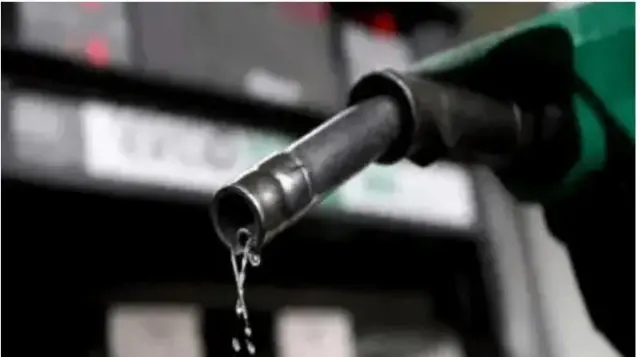Government for July 23 and 24, 2025, to address growing concerns about the downstream sector’s supply dynamics and petrol pricing, as independent marketers’ demands for price control continue to grow.
It is anticipated that industry operators, marketers, refiners, and government representatives will convene at the Nigerian Midstream and Downstream Petroleum Regulatory Authority-organized summit to discuss petroleum pricing standards, feedstock sufficiency, and stabilisation tactics for the deregulated market.

The date and summit were confirmed by Francis Ogaree, the Executive Director of Hydrocarbon Processing Plants, Installation, and Transportation Infrastructure at the NMDPRA, during the recently ended 24th Nigeria Oil and Gas Energy Week in Abuja.
The director also emphasised the necessity of communication in order to create a robust pricing structure in the post-subsidy period. Recall that the Dangote refinery’s abrupt price increases for Premium Motor Spirit, also referred to as fuel, without prior notice have caused agitation and worries among petroleum traders.
Billy Gillis-Harry, president of the Petroleum Products Retail Outlets Owners Association of Nigeria(PETROAN), has emphasised the importance of a steady market and reliable energy security on numerous occasions. He has also pushed for systems to monitor price changes and make sure they don’t have a detrimental effect on the sector.

Gillis-Harry demanded pricing clarity, especially with regard to how Dangote’s price cuts will affect shops who might have paid more for PMS. Fair pricing policies and the avoidance of unethical business practices have also been demanded by them.
In a similar vein, the Petroleum and Natural Gas Senior Staff Association of Nigeria questioned the petroleum pricing regime last month, stating that the current pump price of PMS should be between N700 and N750 per litre and emphasising that petroleum marketers are taking advantage of Nigerians by inflating petrol prices.

Ogaree addressed these worries by stating that the NMDPRA had taken proactive measures to standardised prices while promoting greater investment in regional refining and was cognizant of the operational challenges facing industry participants.
Regarding the prognosis for supply security and refining capacity, Ogaree disclosed that Nigeria now has ten operational and near-operational refineries, including six modular refineries, the 650,000 bpd Dangote plant, and the three NNPC refineries.

According to him, some of the new refineries are anticipated to start up by 2026 and will need 1,000 to 200,000 barrels per day.
However, in order to supply the increasing number of licensed refiners, he pointed out that the downstream market’s potential to succeed depended on the supply of crude oil feedstock.
Join Our Social Media Channels:








































